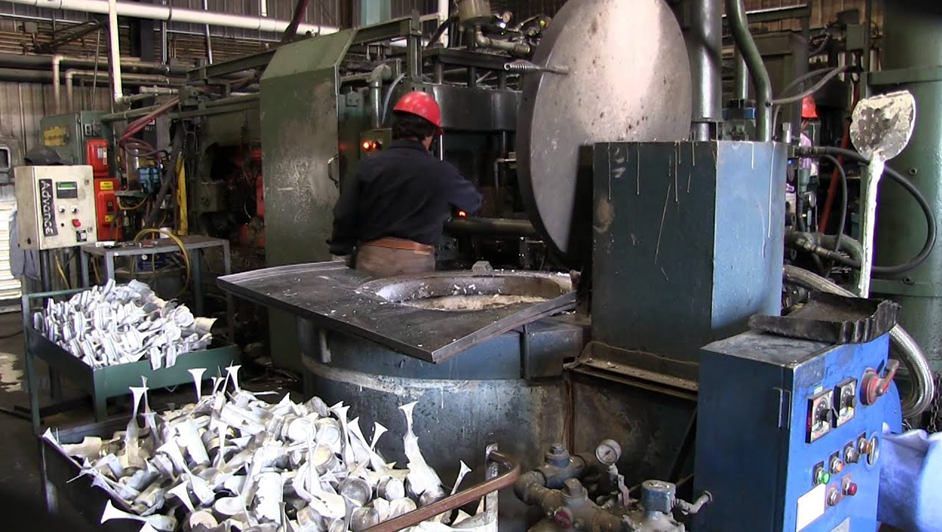Innovation has always been the driving force behind the progress of civilizations and societies. Throughout history, humans have continuously sought out new ways to improve their lives and make advancements in different fields. In recent years, one area that has seen significant growth in terms of innovation is the development of prototypes using aluminum.
Aluminum, a lightweight and versatile metal, has gained popularity in various industries due to its remarkable properties. It is known for its high strength-to-weight ratio, excellent corrosion resistance, and the ability to be easily molded into complex shapes. These characteristics make it an ideal material for the production of prototypes.
One of the main advantages of aluminum prototypes is their cost-effectiveness. The relatively low cost of aluminum compared to other metals, such as steel or titanium, makes it a viable option for creating prototypes. This affordability allows businesses and entrepreneurs to experiment with different designs and ideas without incurring significant expenses. By utilizing aluminum prototypes, companies can test the feasibility of their concepts and make adjustments before moving forward with full-scale production.
Furthermore, aluminum prototypes offer an efficient and quick manufacturing process. Aluminum can be easily machined using various techniques, such as milling, drilling, and turning. This ease of machining allows for rapid production of prototypes, reducing the time needed for design iterations and modifications. The ability to quickly create and evaluate prototypes enables companies to shorten their product development cycles, giving them a competitive edge in the market.

Another significant advantage of aluminum prototypes is their durability. Aluminum has excellent mechanical properties, including high tensile strength and resistance to wear and tear. These properties ensure that prototypes can withstand rigorous testing and analysis without compromising their structural integrity. The durability of aluminum prototypes makes them suitable for conducting extensive performance evaluations, which are crucial in determining the viability of a product.
The lightweight nature of aluminum prototypes is also a valuable attribute. The reduced weight of these prototypes allows for easier handling and transportation during testing and evaluation. Additionally, the lightweight nature of aluminum can contribute to the overall weight reduction of the final product, making it more efficient and cost-effective in terms of energy consumption and transportation.

Moreover, aluminum prototypes can be easily recycled. As sustainability becomes a priority in various industries, the ability to recycle materials is of utmost importance. Aluminum is highly recyclable, meaning that any excess or discarded prototypes can be melted down and reused in the production of new parts. This feature not only reduces waste but also promotes a more sustainable and environmentally friendly approach to manufacturing.
In conclusion, the creation of aluminum prototypes represents a promising step towards innovation. The remarkable properties of aluminum, such as its high strength-to-weight ratio, corrosion resistance, and ease of machining, make it an ideal material for prototype production. The cost-effectiveness, quick manufacturing process, durability, lightweight nature, and recyclability of aluminum prototypes further enhance their appeal. By utilizing aluminum prototypes, businesses and entrepreneurs can effectively explore new ideas, test the feasibility of their concepts, and ultimately drive innovation in their respective industries.
-

- Integrated 3-spoke wheel for MTB with CNC machining &surface treatment
-

- Piezas de tixomoldeo de aleación de magnesio para carcasa de máquina de succión de oxígeno
-

- Fundición a presión de aleación de magnesio Piezas metálicas de tixomoldeo
-

- Componentes de fundición a presión OEM para marco de asiento automotriz
-

- Horquilla rígida de fundición a presión de aleación de magnesio para bicicleta
-

- OEM high pressure die casting magnesium alloy frame for bicycle

 0086-750-5616188
0086-750-5616188 +86 13392089688
+86 13392089688 sales@zhongmei-tech.com
sales@zhongmei-tech.com







